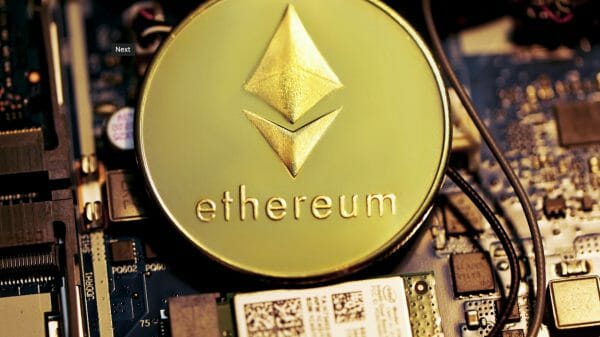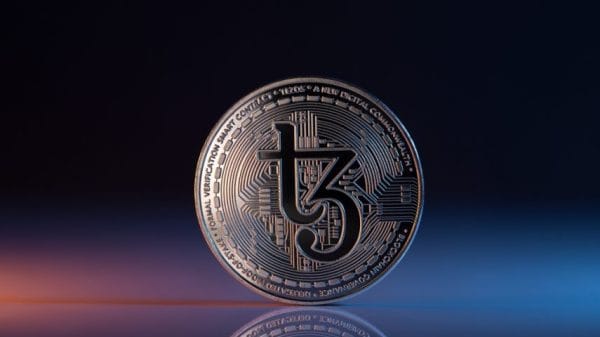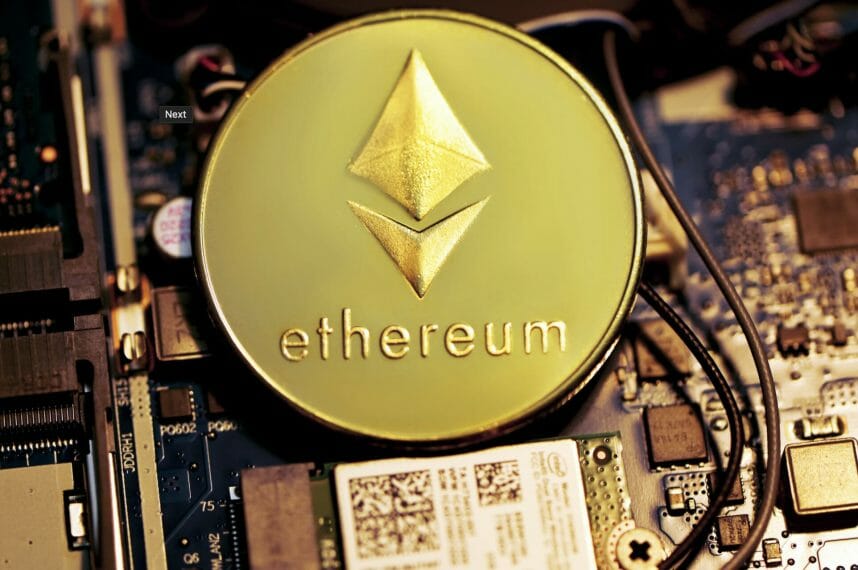In a recent critique, well-known trader Peter Brandt openly criticized Ethereum (ETH), the second-largest cryptocurrency by market cap, branding it a “junk coin” in a direct and harsh evaluation.
Ethereum Faces Criticism
Peter Brandt, renowned for his market insights, didn’t hold back in his criticism of Ethereum, stating that it lacks key characteristics needed for long-term success.
He pointed out ETH’s perceived weaknesses as a store of value, its challenges with layer-2 solutions, and the high gas fees, which he believes contribute to its inferiority compared to Bitcoin.
To support his claims, Brandt shared an Ethereum/Bitcoin price chart and his negative outlook on ETH, indicating the asset’s consistent decline relative to Bitcoin over the past year.
I get tired of saying it, but $ETH is a junk coin despite mindless devotion of Etheridiots.
As a store of value it is junk – a $BTC pretender
Its functionality is also junk – difficult to deal with L2s and outrageous gas fees
Of course it will always attract “investors” pic.twitter.com/7KAYMiwsnf— Peter Brandt (@PeterLBrandt) April 4, 2024
Amid Brandt’s critique of ETH, other voices offered differing perspectives on Ethereum’s future potential.
In a notable defense of the asset, JP Morgan’s Global Markets Strategy team outlined reasons why Ethereum may not be considered a security, emphasizing the network’s shift towards greater decentralization in the staking ecosystem.
This shift, highlighted by the decrease in Lido’s share of staked ETH, is viewed positively and could help address regulatory concerns and strengthen Ethereum’s argument against being classified as a security.
JP Morgan’s analysis referenced the influential “Hinman documents,” shaping the SEC’s stance on digital tokens.
These documents stress the significance of network decentralization in determining whether tokens meet the criteria for securities, suggesting that tokens on adequately decentralized networks may be exempt.
Community Reaction to Brandt’s Critique
Brandt’s criticism of ETH triggered a range of reactions within the community. Some supported Brandt’s assessment, while others vehemently defended Ethereum and opposed his views. Adam Back, CEO of Blockstream, aligned with Brandt’s critique.
Back emphasized Ethereum’s susceptibility to significant hacks, scams, and rug-pulls, which have totaled over $1 billion per quarter, highlighting the increasing complexity of Ethereum’s scripting and the security vulnerabilities it may introduce.
don’t forget the > $1bi per quarterl hacks, “hacks” and rug-pulls on it’s seemingly unsecurable script, which is just getting worse over time, because complexity kills; and the eths in charge just continue adding complexity…
— Adam Back (@adam3us) April 5, 2024
On the other hand, a user named Collin offered a different viewpoint. Collin mentioned that Brandt’s criticism appeared biased and failed to acknowledge Ethereum’s unique capabilities beyond Bitcoin.
He argued that Ethereum’s programmability distinguishes it, enabling features and functions that Bitcoin cannot replicate. Collin also pointed out:
And yes, ETH’s fees are high. But Ethereum is doing *more* than bitcoin is doing per block. Also, BTC’s fees have been crazy high in the past ($50+ per transaction), and they *will* go up again (by intentional design) in the future. So, if high fees are your complaint, you may want to take a good hard look at Bitcoin’s future security roadmap. High fees are baked in. Big time. You should continue your research on this, Peter.
Image Source: Unsplash


































